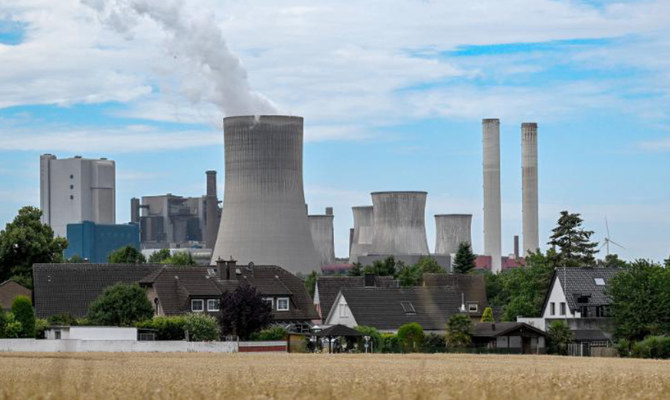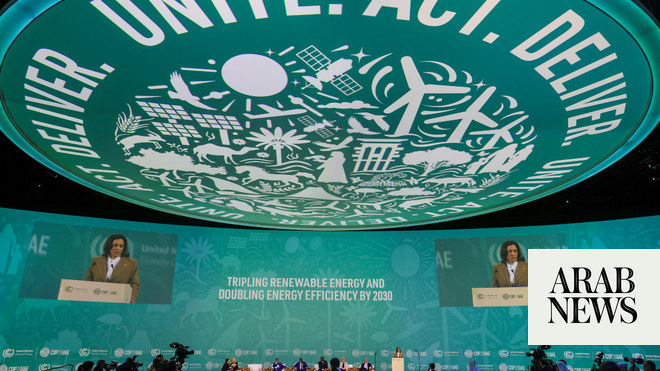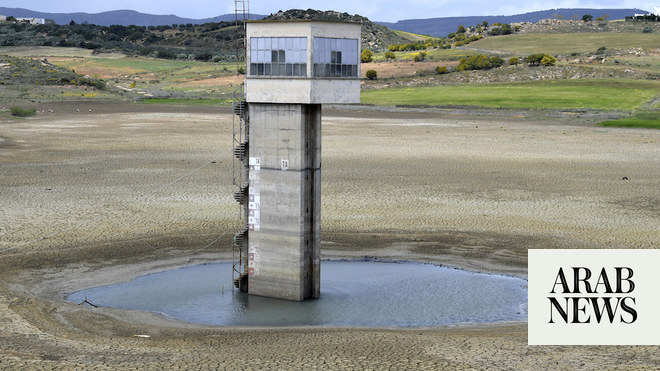
Of late the EU seems to have been racing toward meeting its commitments under the Paris Climate Agreement. First, on March 25, it announced an agreement with Germany over phasing out sales of cars using fossil fuels by 2035, after weeks of negotiations.
Germany, along with Italy, Poland and Hungary, had been holding out against the phase-out, saying that cars using biofuels, e-fuels, or synthetic fuels should also be exempted from the ban. Now with the agreement in place, the EU is setting limits for carbon emission standards for cars in order to proceed with the phase-out by 2035.
The measure is very important for the EU in meeting its target of achieving carbon neutrality by 2050 and cutting its net greenhouse gas emissions by 55 percent by 2030.
Capitalizing on the rare unanimity in the 27-member bloc, the EU decided to rapidly move toward agreement on yet another sector of the economy that is a major producer of carbon emissions — energy. On March 30, the European Commission announced that it had reached a deal with the EU parliament and the member states to almost double its target for phasing out fossil-fuel-driven energy consumption. Under the new agreement, the share of renewable energy in the EU’s overall energy consumption will rise to 42.5 percent by 2030, a steep jump from the current level of 22.1 percent.
Yes, certainly, in typical fashion, there is a fudge in the agreement over renewable energy, just as there is for the agreement on cars. Due to conflict over whether to accord green energy status to nuclear power, instead of banning identified sources of energy production the agreement sets greenhouse gas emissions intensity as a benchmark for achieving its target. This will allow the participation of a country such as France, which derives 75 percent of its total energy consumption from nuclear power, even though other states, notably Germany, have railed against nuclear power which they do not consider green or renewable.
Despite the shortcomings or fudges, the EU should be commended for raising its own ambitions significantly in cutting greenhouse gas emissions. As one of the largest emitters, both in absolute and in per capita terms, the EU plays an important role in global fortunes in this and other domains. Hence, any cuts achieved by it ahead of its commitments under the Paris Agreement will help the world in moving toward slowing down climate change.
Despite the shortcomings or fudges, the EU should be commended for raising its own ambitions significantly in cutting greenhouse gas emissions.
Ranvir S. Nayar
Even more significantly, as the EU has made its targets public well before the next round of climate change talks, COP28, gets underway in Dubai at the end of November, it portends well for the negotiations as it gives more than enough time for other countries, especially the big emitters such as the US, China, Canada or Australia — and even India, which though very low in per capita terms is one of the biggest emitters in the world thanks to its 1.4 billion population.
As the EU has taken the lead, it is time for the bigger emitters, in both per capita and overall emissions, to announce their own enhanced targets well before the talks begin. This would be instrumental in creating a positive and upbeat momentum before delegates begin to gather in Dubai, which could allow the negotiations to get off on a strong footing.
If that happens, it would make COP28 a meeting where, instead of despondency and differences among countries, which has been a hallmark of climate change talks, there could be a sort of bonhomie and feel-good factor, which is so critical for any negotiation, complex or simple, to succeed.
Besides the upbeat mood, which the delegates can definitely use, it would also allow the delegates to immediately get to address some of the biggest challenges that the outcomes of past meetings pose for the climate change agreement.
One of the biggest issues is the outcome of the last meeting, which in principle approved setting up a loss and damage fund for developing countries hit by climate change. The delegates in COP27 agreed to set up the fund, but in typical fashion left out all relevant details, such as the total amount of the fund, where the money would come from, and who would be the beneficiaries. The agreement also left the mechanism for doling out funds under the loss and damage fund to be fleshed out at a later date.
Advancing with a loss and damage fund is just one thorny issue to be sorted out at COP28. There is also the issue of what happens if a country misses its commitments for carbon emission cuts, as the current agreement is totally silent on this critical question. The list is far too long to be detailed here. But if the climate change negotiations have to get down to brass tacks and make the Paris Agreement work, they would need all the time and room for maneuver that they can get in Dubai and beyond to address these challenges so that a real and meaningful rollback in the amount of greenhouse gas in the atmosphere can begin.
• Ranvir S. Nayar is managing editor of Media India Group.












